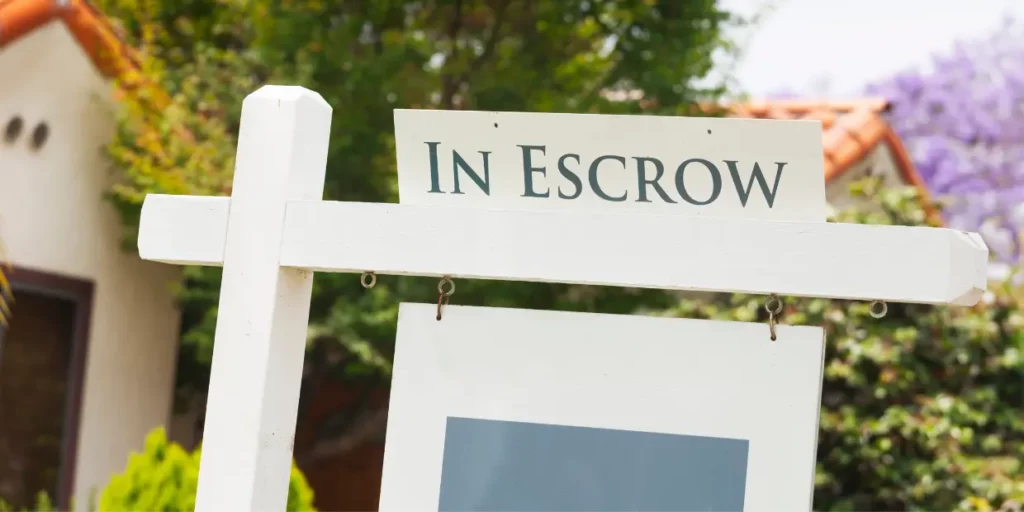What do I Need to Know About Escrow?

What do I Need to Know About Escrow?
Q: I’m buying my first home. What do I need to know about escrow?
A: Escrow occurs between the time the seller accepts the buyer’s offer and when the buyer gets the key. Here’s what you need to know about escrow.
What is escrow?
Escrow, or “being in escrow,” refers to a legal agreement between two parties during a transaction process to install a third party on their behalf for holding the paperwork, assets and/or funds until the transaction is final.
When buying a home, you’ll be in escrow from when the seller accepts your offer until closing. During that time, your real estate agent collects a good faith deposit from you, which will later be applied to your down payment. These funds will be kept in an escrow account until then.
What are the steps of the escrow process?
- Open an escrow account. This is generally done by the seller or the seller’s agent, although it can also be done by the buyer or the buyer’s agent.
- Have the home appraised and inspected. If the sale price of the home is more than the appraised value, the mortgage lender may refuse the loan unless you pay the difference in cash. At this time, it’s also recommended that you have the home professionally inspected.
- Approve the seller disclosures. The seller will need to disclose all the known faults of the property.
- Obtain insurance. Next, you’ll need to purchase homeowners insurance, as well as title insurance, which protects the lender.
- Receive a title report from your lender. This will enable you to verify that there are no liens on the property and that the title is clear.
- Secure financing. During escrow, your lender will prepare a good faith estimate, which details the loan amount, interest rate and the closing costs associated with the purchase.
- Final walkthrough. Do this just before closing to be sure everything is in agreed-upon condition.
- Closing. During this step, you’ll pay the remainder of your down payment and closing fees. You’ll also sign a mountain of documents. When the closing is over, you’ll be the new owner of the home.
What happens to my escrow account after closing?
After closing, your escrow account will be closed and a different kind of escrow account, managed by your mortgage lender, may be opened in its stead. This account holds all funds that go toward property taxes and homeowners insurance. The lender usually offers this as an optional service, making the escrow amount part of your monthly payment and then using the funds in that account to pay these bills as they come due.
What are the dos and don’ts of being in escrow?
Do:
- Continue using a minimal amount of your available credit.
- Pay your bills on time, or early.
- Follow up on the escrow process to be sure you’re current on your tasks.
Don’t:
- Close any credit cards.
- Change jobs.
Use this guide to stay in the know about escrow. The County Federal lending team is here to help! Contact us to learn more about our home loan options and get started on your home loan journey.
Content Source: CUContent






